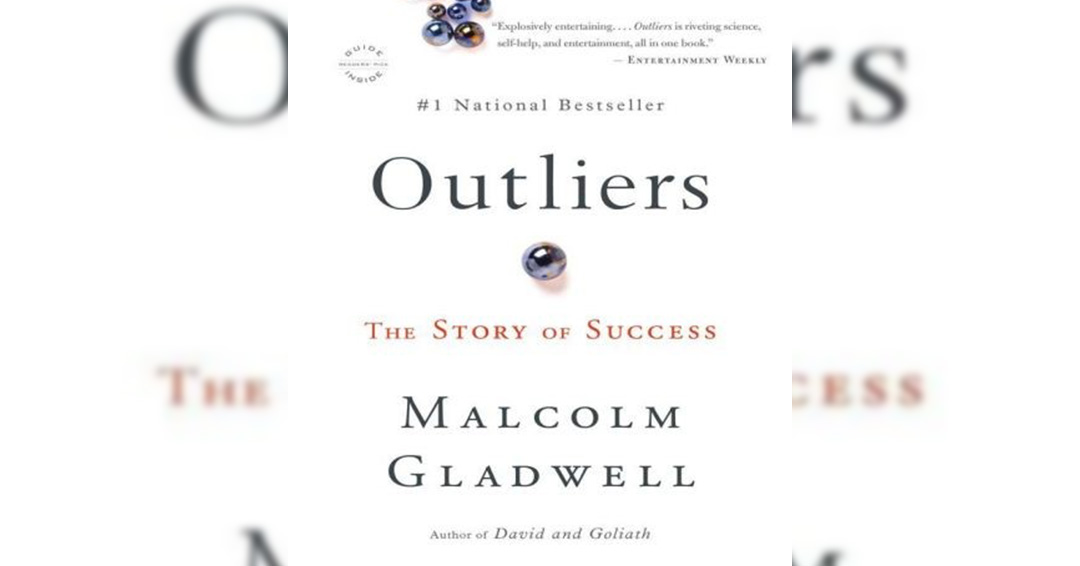
Sep
KIU Teaching Hospital Strengthens Partnership With Kitagata General Hospital
September 5, 2024, 9:40 am
 Administrator
Administrator

By Rogers Wanambwa
KIU, Main Campus - In Outliers, Malcolm Gladwell continues his witty and rather simplistic style of writing, this time to show that success is less about talent than opportunity and 'concerted cultivation.'
In order to understand why those who succeed do, and why sometimes those that appear on the path to success sometimes do not reach their destination, Malcolm goes back in time, bringing in the most intriguing examples from the Korean Airlines history to Bill Gates to basketball(and Americans' love for it).
In all these examples, one thing becomes apparently clear, that those who succeed, did not happenstance into it or just use their 'brains' alone to get there.
"Everything we have learned in Outliers says that success follows a predictable course. It is not the brightest who succeed. If it were, Chris Langan would be up there with Einstein. Nor is success simply the sum of the decisions and efforts we make on our own behalf. It is, rather, a gift. Outliers are those who have been given opportunitiesc��?�and who have had the strength and presence of mind to seize them."-pg. 281
Even though Malcolm shows us there's always more to success than the individual's sheer strength and determination, in as many telling examples and chapters, he is, however, careful to show that success is still going to be brought about by how much you as an individual put in. Your "10,000 hours" as he calls it.
"No one who can rise before dawn three hundred sixty days a year fails to make his family rich." Is a Chinese proverb Malcolm uses in the book.
To me, this is one of the best books that describe how people become successful, as individuals or as a whole group.
Kampala International University,
Box 20000, Ggaba Road, Kansanga, Kampala
+256-760 502660
+256-700 100808